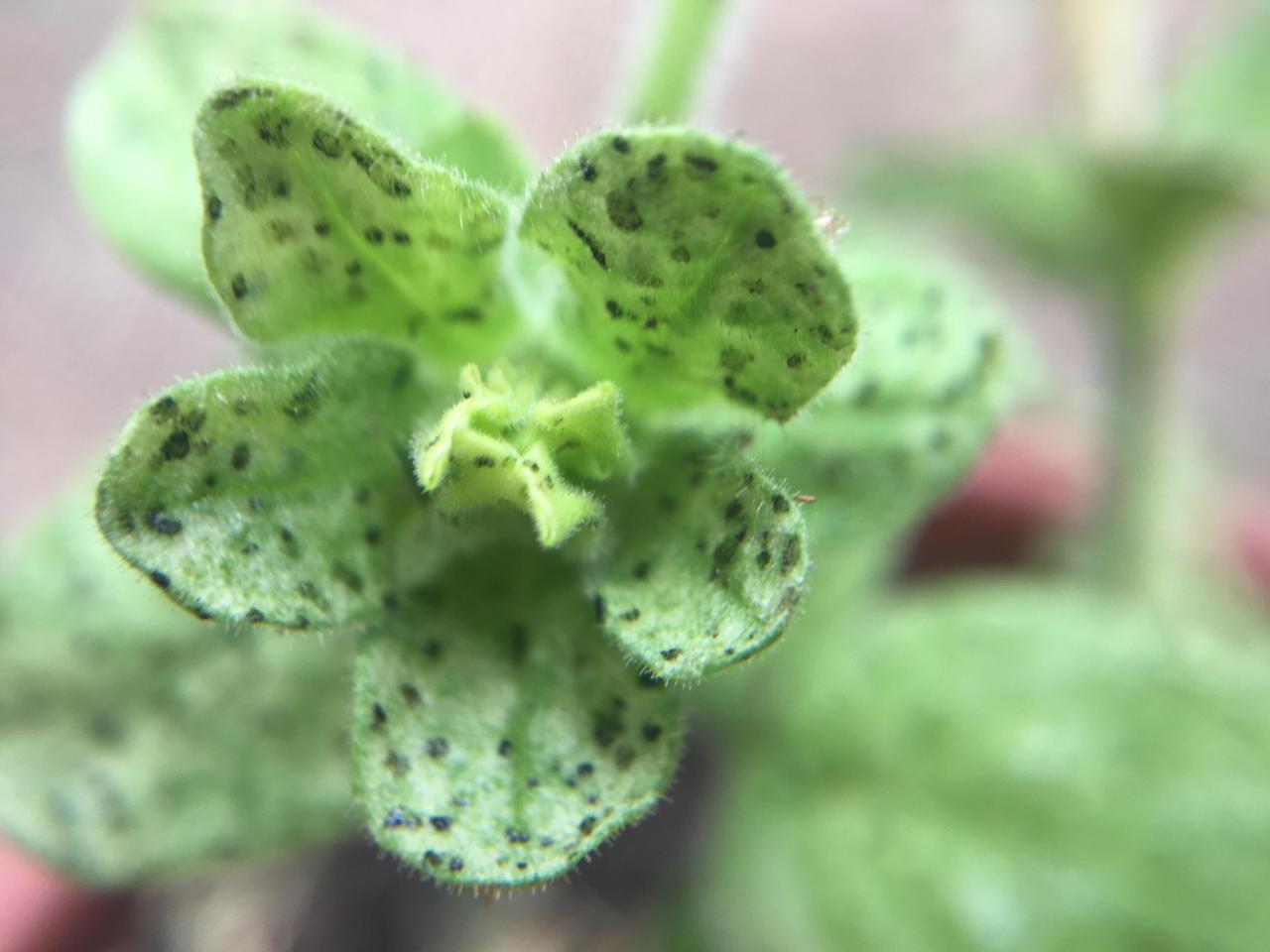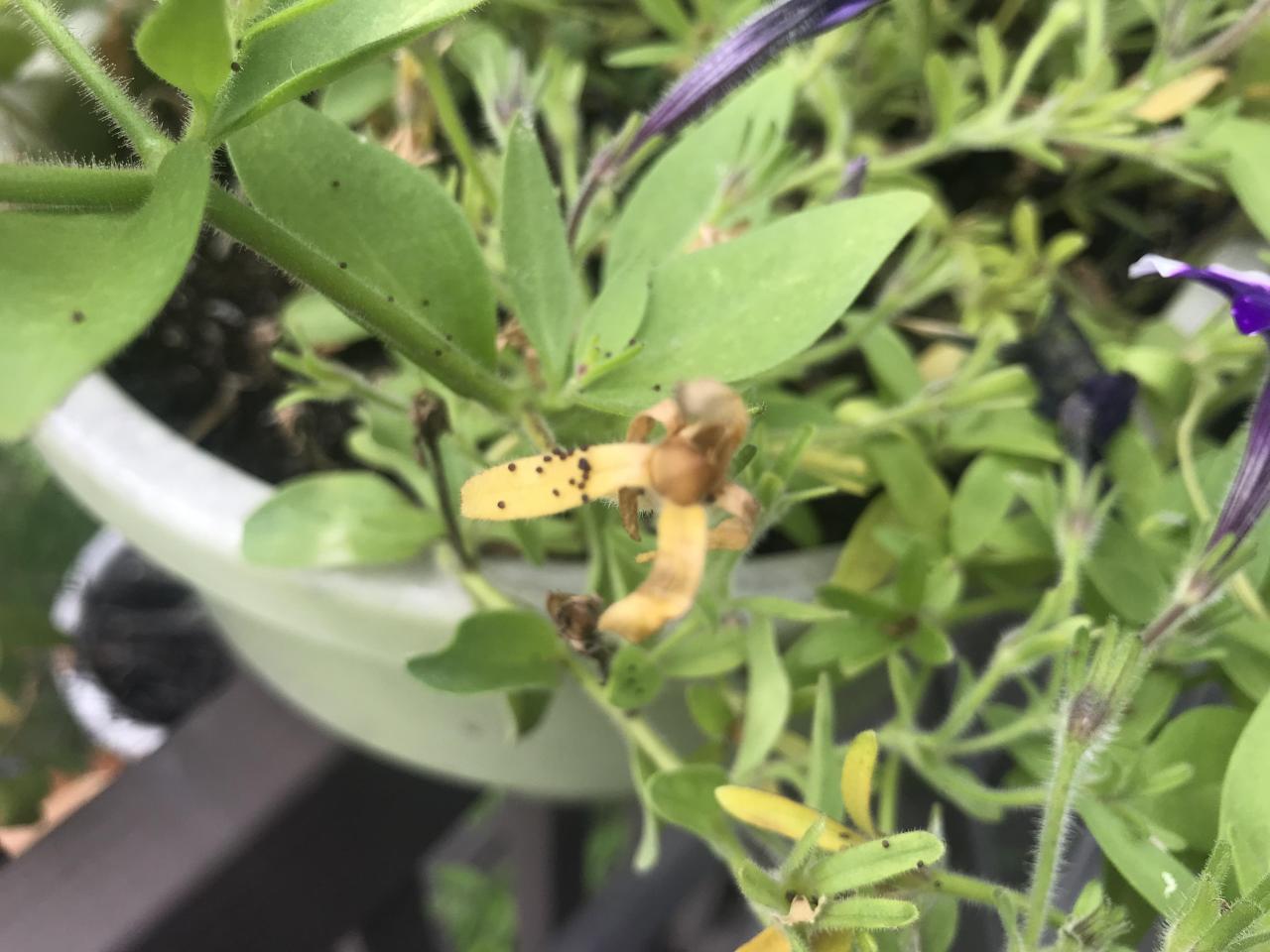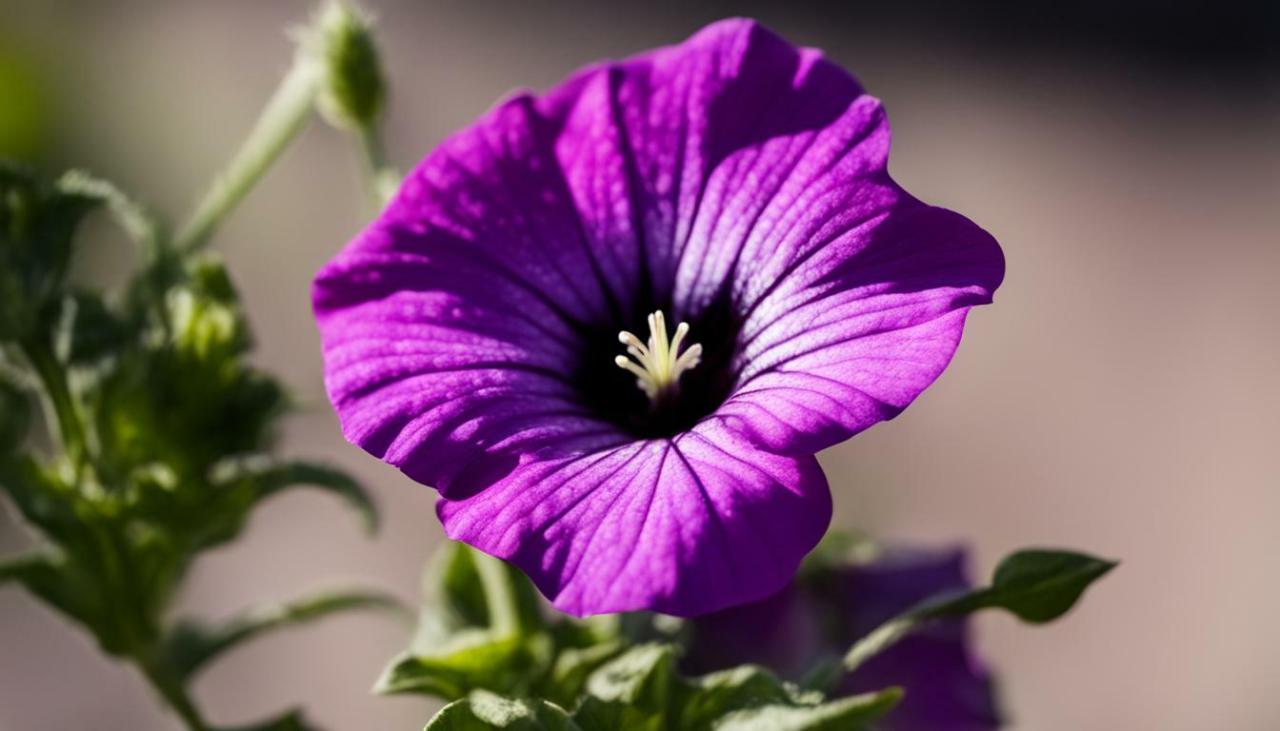Petunias are among the most popular flowering plants, beloved for their vibrant colors and ability to flourish in various garden settings. However, if you notice little black spots on your petunias, it can be a cause for concern. These spots often signal underlying health issues that need to be addressed to maintain the beauty and vitality of your plants. In this comprehensive guide, we will explore the causes of little black spots on petunias, how to identify them, preventative measures, and treatment options.
Understanding Petunia Plants
Petunias are versatile flowering plants that belong to the Solanaceae family. They come in numerous varieties and colors, making them a favorite among gardeners. These annual flowers thrive in full sun and well-drained soil, making them perfect for containers, borders, and hanging baskets. 🌼
The Importance of Healthy Petunias
A healthy petunia not only enhances the aesthetic appeal of your garden but also contributes to the overall ecosystem by attracting pollinators. Ensuring that your petunias are free from diseases, including those that manifest as little black spots, is crucial for maintaining a vibrant garden.
What Causes Little Black Spots on Petunias?
Little black spots on petunias can arise from several sources. Understanding these causes is essential for effective management. Below, we’ll detail the primary reasons for these unsightly spots.
1. Fungal Infections

One of the most common culprits behind little black spots on petunias is fungal infections. Fungi thrive in warm, humid conditions and can cause various diseases.
| Fungal Disease | Symptoms | Treatment |
|---|---|---|
| Powdery Mildew | White, powdery spots; leaves may turn yellow and drop. | Apply fungicides; increase air circulation. |
| Leaf Spot | Dark spots on leaves; yellow halos may appear. | Remove affected leaves; use a fungicide. |
| Downy Mildew | Yellow leaves; dark spots on the underside of leaves. | Improve drainage; avoid overhead watering. |
2. Environmental Stress
Petunias can also develop black spots due to environmental stressors. Factors such as poor drainage, excessive moisture, or inconsistent watering can weaken the plants and make them susceptible to disease.
Note: Ensure your petunias receive adequate sunlight and water. Soil that is consistently wet can encourage fungal growth.
3. Pests and Insects
Insects such as aphids and spider mites can damage petunias and lead to the development of black spots. These pests often feed on the plant sap, weakening the foliage and making it more prone to infection.
4. Nutritional Deficiencies
A lack of essential nutrients, particularly nitrogen, can manifest in the form of black spots on the leaves. It is important to provide balanced fertilizers to ensure your petunias receive the nutrients they need to thrive.
Identifying Little Black Spots
Proper identification is critical for addressing the issue effectively. Here’s how to distinguish between different causes of black spots on petunias.
Visual Inspection
Start by closely examining your petunias. Look for the following:
- Color and Size: Are the spots uniform or varying in size? Fungal infections often present as irregular spots.
- Location: Check if the spots are primarily on lower leaves or throughout the plant.
- Presence of Pests: Look for tiny insects or webs that may indicate pest infestations.
Checking Environmental Conditions
Evaluate the growing conditions of your petunias:
- Watering Practices: Are you watering too frequently or allowing the soil to dry out excessively?
- Sun Exposure: Ensure your plants are getting the recommended six hours of direct sunlight per day.
Preventative Measures
Prevention is always better than cure. Here are some effective strategies to keep your petunias healthy and free from little black spots.
1. Watering Techniques
Water your petunias at the base rather than overhead to minimize leaf wetness. This practice can significantly reduce the risk of fungal infections.
2. Improve Air Circulation, Little Black Spots On Petunias
Plant petunias with adequate spacing to allow air circulation. Prune dead or infected leaves to improve airflow around the plants.
3. Regular Monitoring
Regularly inspect your plants for early signs of stress or disease. Early detection can often prevent more severe outbreaks.
4. Use Quality Soil and Fertilizer
Ensure your petunias are planted in nutrient-rich soil. Using a slow-release fertilizer can help maintain nutrient levels throughout the growing season.
Note: Organic fertilizers can provide an added boost and are often less harsh on the plants compared to chemical alternatives.
Treatment Options for Black Spots on Petunias
If you’ve identified the presence of little black spots on your petunias, prompt treatment is essential. Depending on the cause, here are some effective treatments:
1. Fungicides
For fungal infections, applying a fungicide can be an effective treatment. Choose a product specifically designed for the type of fungus you’re dealing with.
2. Manual Removal
For light infections, you can manually remove affected leaves. Dispose of them properly to prevent the spread of spores.
3. Insect Control

If pests are causing the problem, introduce beneficial insects like ladybugs or use insecticidal soap to control infestations.
4. Adjust Cultural Practices
In many cases, simply adjusting your care routine can alleviate the issues causing black spots. Ensure proper watering, fertilization, and environmental conditions to promote overall plant health.
When to Seek Professional Help: Little Black Spots On Petunias
If your efforts to treat and prevent black spots on your petunias are unsuccessful, it might be time to consult with a local horticulturist or gardening expert. They can provide tailored advice based on your specific situation.
Final Tips for Healthy Petunias
To maintain vibrant, healthy petunias, consider the following tips:
- Consistent Care: Establish a regular care routine, including watering, fertilization, and pest management.
- Research: Stay informed about common diseases that affect petunias in your region.
- Community Resources: Join local gardening clubs or online forums for support and advice from fellow gardeners.
By being proactive about your petunias’ health, you can enjoy a flourishing garden free from the worry of little black spots. 🌱 With a little effort and attention, your petunias will thrive, adding beauty and color to your outdoor spaces.
